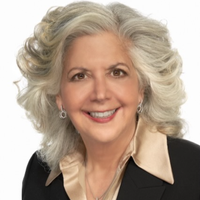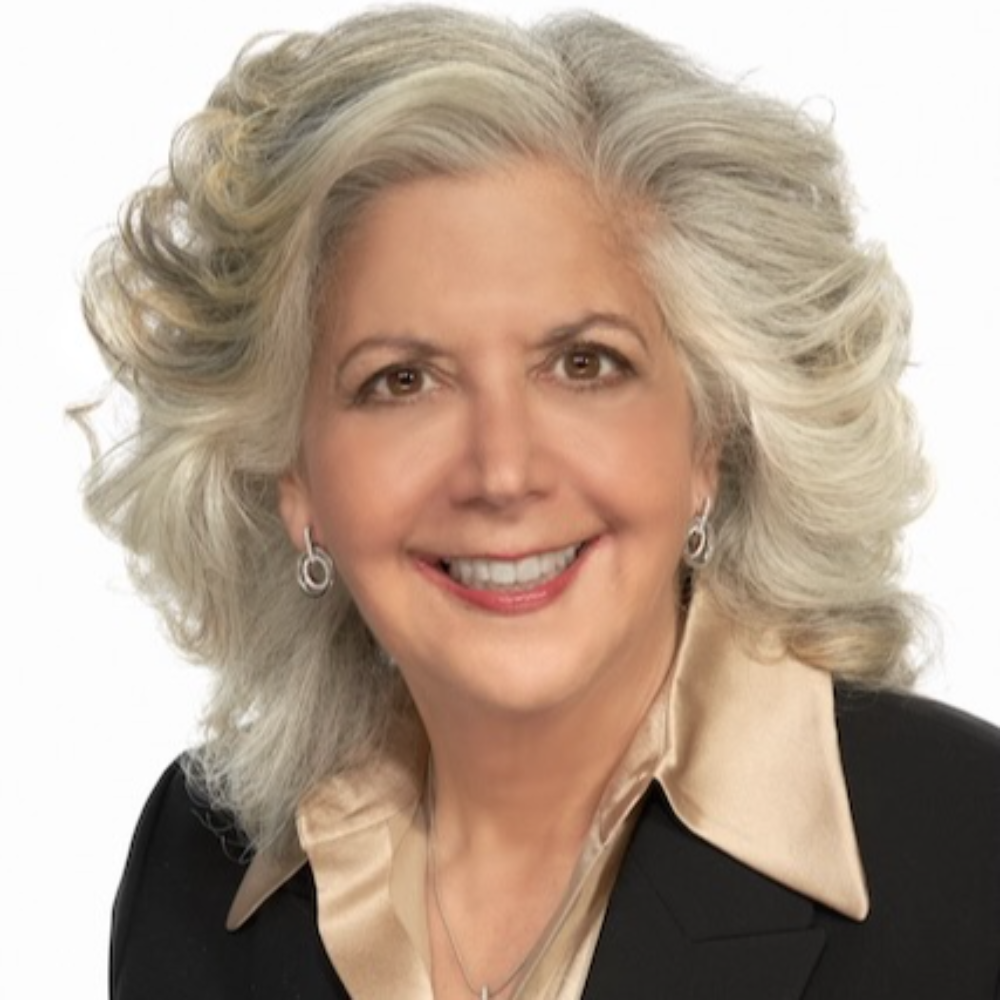Understanding Your Financial Belief System
If we can disconnect from our past beliefs and assess our current situation with a certain level of objectivity, we can make more appropriate decisions.


Profit and prosper with the best of Kiplinger's advice on investing, taxes, retirement, personal finance and much more. Delivered daily. Enter your email in the box and click Sign Me Up.
You are now subscribed
Your newsletter sign-up was successful
Want to add more newsletters?

Delivered daily
Kiplinger Today
Profit and prosper with the best of Kiplinger's advice on investing, taxes, retirement, personal finance and much more delivered daily. Smart money moves start here.

Sent five days a week
Kiplinger A Step Ahead
Get practical help to make better financial decisions in your everyday life, from spending to savings on top deals.

Delivered daily
Kiplinger Closing Bell
Get today's biggest financial and investing headlines delivered to your inbox every day the U.S. stock market is open.

Sent twice a week
Kiplinger Adviser Intel
Financial pros across the country share best practices and fresh tactics to preserve and grow your wealth.

Delivered weekly
Kiplinger Tax Tips
Trim your federal and state tax bills with practical tax-planning and tax-cutting strategies.

Sent twice a week
Kiplinger Retirement Tips
Your twice-a-week guide to planning and enjoying a financially secure and richly rewarding retirement

Sent bimonthly.
Kiplinger Adviser Angle
Insights for advisers, wealth managers and other financial professionals.

Sent twice a week
Kiplinger Investing Weekly
Your twice-a-week roundup of promising stocks, funds, companies and industries you should consider, ones you should avoid, and why.

Sent weekly for six weeks
Kiplinger Invest for Retirement
Your step-by-step six-part series on how to invest for retirement, from devising a successful strategy to exactly which investments to choose.
Henry Ford once said, “Whether you think you can or you think you can’t — you’re right.” This observation speaks to the power of belief.
A belief system is a set of principles and ideologies that we use to interpret our everyday lives and reality. Like any belief system, financial beliefs are instilled over time and are shaped by a lifetime of experiences, so it can be challenging to step back and examine these beliefs objectively.
If you believe money is the only thing people care about, then if someone questions you about that belief, your initial reaction will almost always be something like, “This isn’t a belief; this is a true reflection of reality.”
From just $107.88 $24.99 for Kiplinger Personal Finance
Become a smarter, better informed investor. Subscribe from just $107.88 $24.99, plus get up to 4 Special Issues

Sign up for Kiplinger’s Free Newsletters
Profit and prosper with the best of expert advice on investing, taxes, retirement, personal finance and more - straight to your e-mail.
Profit and prosper with the best of expert advice - straight to your e-mail.
But is it?
Is your belief about money a factual representation, or is it a perspective you learned in the past that might no longer serve you? I maintain that if you go about life with a scarcity mindset, no matter how much money you have or make, you will still believe you don’t have enough. Whereas if you have an abundance mindset, no matter how little you have, you will believe there is an opportunity to earn more. If we can disconnect from our past beliefs and assess our current situation with a certain level of objectivity, we can ultimately make more appropriate decisions for our current and future situations and contexts.
Here are four ways to look at your financial belief system more objectively.
1. Family history
Look back at how your parents and immediate family felt about finances when you were growing up at home. Were expenses and money a topic of conversation? Did anyone argue about money? Did you believe you were poor? Did you believe you were rich? Do you still feel that way?
2. Personal perspective
How do you feel about money? What does money mean to you? Is it evil? Do you love it? Is it something you value highly or something that has little value to you, or is it just a means to an end?
3. Expenses vs values
Take a look at everything you’ve spent money on over the last two weeks. Compare these expenses to your values. Are you spending money on the things that you truly value, be it family time, charity, business growth or travel, or are you dedicating money to things that aren’t relevant to your values?
4. Future goals
Our goals for the future always have a financial component. You might want to live a certain way, retire at a certain age, travel or buy a home. Have you clearly identified what you want your future to look like?
These four questions should help you better understand your past and current beliefs about money. You are your financial future, so if your financial beliefs or actions are not helping you to attain your dreams and desires, it might be time to question your beliefs and if they are actually true or need adjusting.
Because, as Ford suggested, whether you think you are poor or think you are rich, you are right.
Related Content
- 11 Mindsets That May Actually Be Hurting Your Financial Progress
- What’s Standing in the Way of Your Successful ‘Money Mindset’?
- Your Money Mindset Forms by Seven: And the Gift Keeps on Giving
The information provided here is not investment, tax or financial advice. You should consult with a licensed professional for advice concerning your specific situation.
Profit and prosper with the best of Kiplinger's advice on investing, taxes, retirement, personal finance and much more. Delivered daily. Enter your email in the box and click Sign Me Up.

Prior to earning her MBA and CFP and becoming an Investment Adviser Representative, Deborah W. Ellis, CFP® and president at Ellis Wealth Planning, worked in the film industry. She learned at an early age the importance of investing her money. She has been investing her own money since she started working professionally in her 20s. She has found that managing her own assets is very rewarding and profitable. She loves helping others reach their financial dreams and goals by sharing her expertise in a way that is transparent and objective. As a fee-only adviser, she is held to a fiduciary standard that requires advisers to consider only what is in their client’s best interest.
-
 Ask the Tax Editor: Federal Income Tax Deductions
Ask the Tax Editor: Federal Income Tax DeductionsAsk the Editor In this week's Ask the Editor Q&A, Joy Taylor answers questions on federal income tax deductions
-
 States With No-Fault Car Insurance Laws (and How No-Fault Car Insurance Works)
States With No-Fault Car Insurance Laws (and How No-Fault Car Insurance Works)A breakdown of the confusing rules around no-fault car insurance in every state where it exists.
-
 7 Frugal Habits to Keep Even When You're Rich
7 Frugal Habits to Keep Even When You're RichSome frugal habits are worth it, no matter what tax bracket you're in.